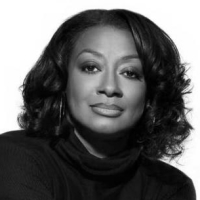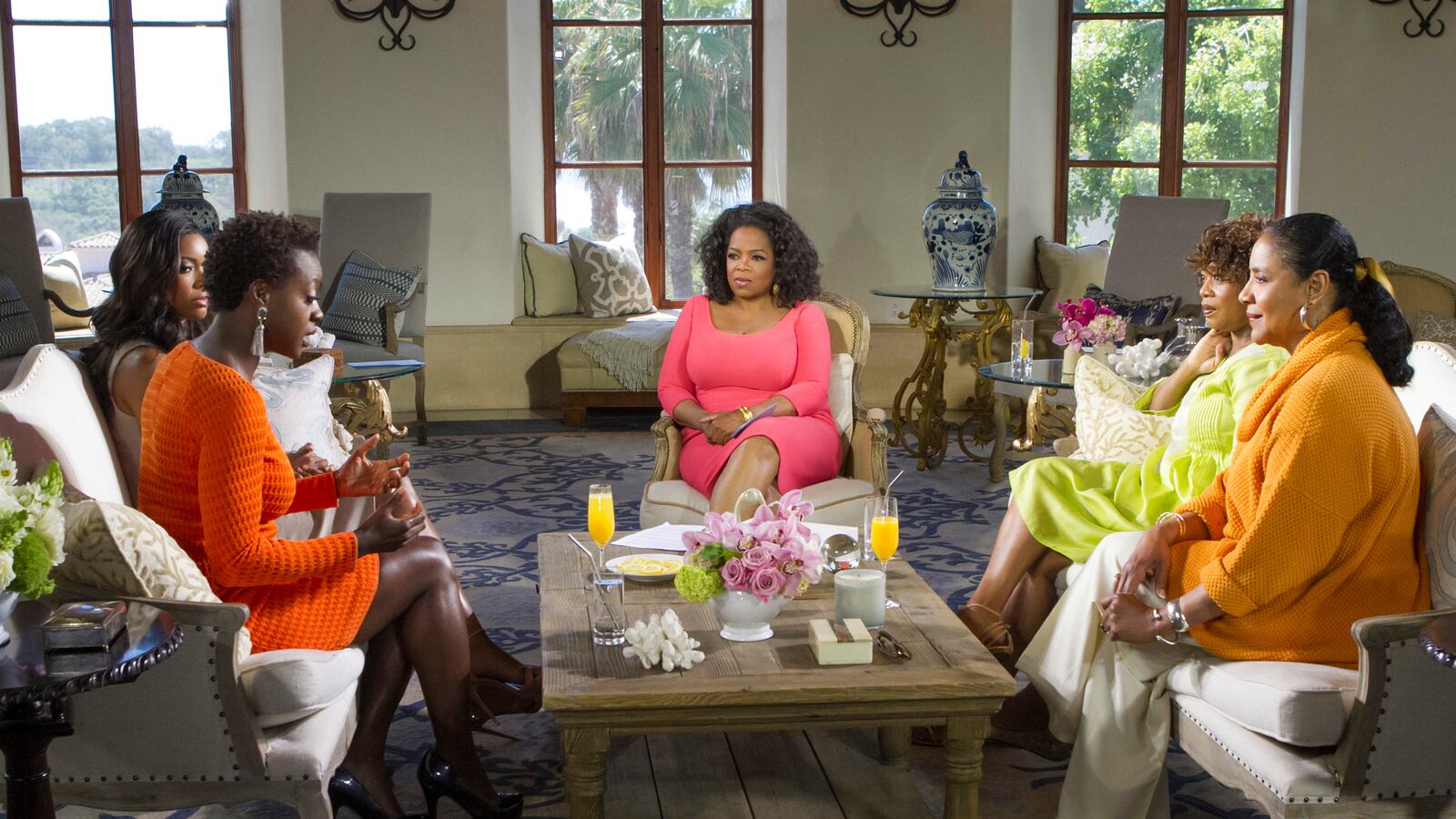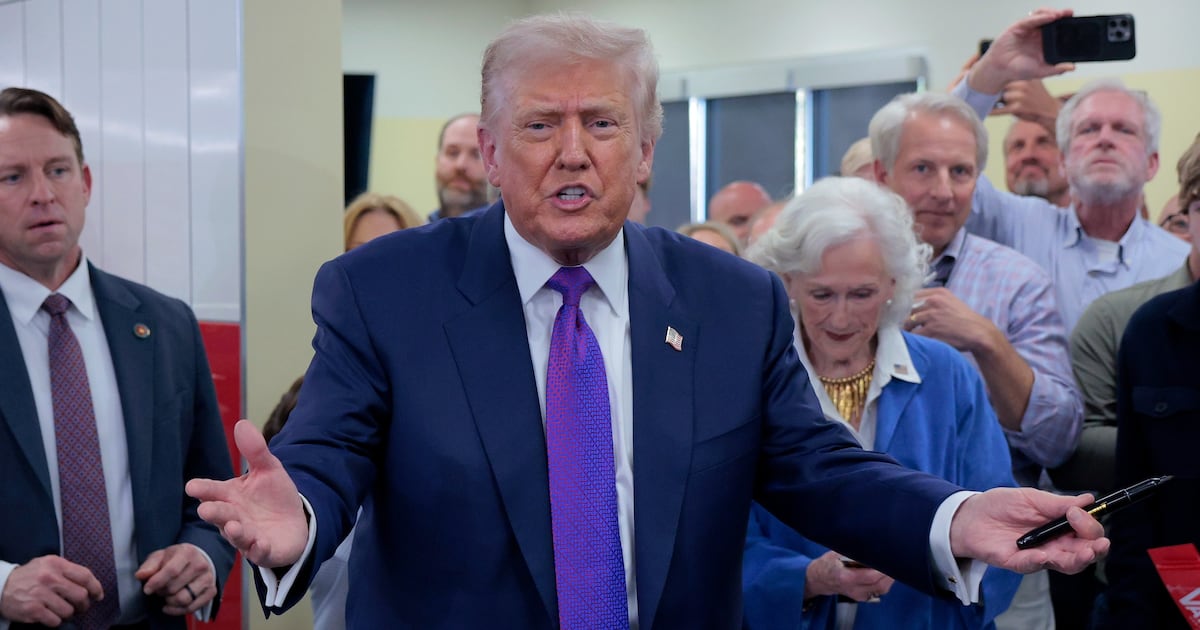This weekend, Oprah Winfrey’s OWN Network may just cement its position as the No. 1 destination for African-American women on cable. On Sunday night, the network will broadcast two specials intended to highlight deep-rooted social issues that especially affect African-American women and women of a darker hue around the world.

Oprah’s Next Chapter kicks off the night at 9 p.m. ET with the talk-show icon interviewing four popular African-American actresses in a discussion of how women of color are represented in the movies and on television, and what kind of opportunities they are given in the entertainment industry.
In a frank discussion, Viola Davis, Alfre Woodard, Gabrielle Union, and Phylicia Rashad talk candidly about the role that race continues to play in Hollywood, and the fierce competition that often occurs between black actresses vying for the limited roles available.
Winfrey said in a release on Thursday that she was inspired to create the special programming dedicated to African-American women when she heard actress and former model Gabrielle Union give a speech at a pre-Oscar luncheon in February during which Union described how Hollywood often pits African-Americans actresses against one another to fight for almost nonexistent roles.
“My jaw literally dropped,” Winfrey wrote on her website, after hearing Union reveal that she had previously “lived for the negativity inflicted upon my sister actresses or anyone who I felt, whose shine diminished my own.”
Immediately following Next Chapter at 10 p.m., OWN will broadcast the critically acclaimed documentary Dark Girls, a two-hour film that takes an uncompromising look at biases, attitudes, and myths surrounding skin color, telling the moving story of how dark-skinned women often struggle against prejudices both inside and outside Black American culture.
From Madison Avenue to Sunset Boulevard, women of color who possess lighter skin tones, slimmer noses, and thinner lips are often presented as more beautiful and given better opportunities, says noted African-American film historian Donald Bogle. “Beyoncé and Halle Berry are both hailed as the ideal of what beauty is for women of color,” he says. “This is not to take away from either woman or their talent, but when those are the only faces that are presented as the most attractive, everyone, including blacks, begins to believe and accept that as truth.”

Bogle, author of Brown Sugar: Over 100 Years of America s Black Female Superstars, notes that skin color has routinely played an integral role in determining just how successful a woman of color can become in Hollywood.
“They were periods of time, like the 70s, when you had stars such Diana Ross, Diahann Carroll, and Pam Grier,” said Bogle. “All were brown women and they were considered amazingly beautiful and sexy. They had starring roles in big films, and those roles showed them as complete women: as mothers, wives and professionals. You don’t see that anymore in film or television and the ideal of beauty has gone distinctly towards more mainstream standards.”
One major African American Hollywood director, who preferred his name not be used, agreed that such roles for black women are in short supply today, after a period during the 90s when a number of smaller budget African American films helped showcase the talents of rising young black actresses such as Nia Long, Sanaa Lathan, and Kimberly Elise. That short-lived golden period ended around 2000 as Hollywood began to slash budgets and downsize productions.
The director, though, is hopeful that things may be changing for the better.
“The industry is returning to producing smaller, low budget films which does help black actors and actresses work more, and gives us more control, if we are directing,” he said. Ultimately, black directors can help change and expand the opportunities for black women. “It does come down to us being in control of the images of black women and men being put out there,” he said. “If it’s left to white Hollywood, nothing will change.”






